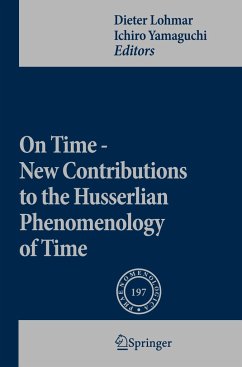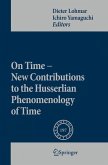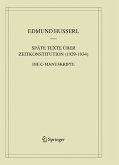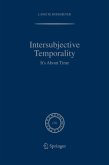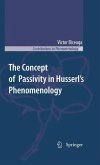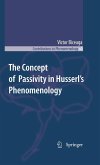Usually Husserl's analysis of time-constitution is thought of in terms of three phases that are roughly bound up with the central publications, the Lectures, the Bernau Manuscripts and the C-Manuscripts. Today, after the publication of the central texts incorporating the last two phases, the discussion of Husserl's analysis of time-constitution has entered a new phase. This is true for the interpretation of the latter two texts but it also affects out reading of the Lectures. Today, in the aftermath of the recent publication of the C-Manuscipts, it seems more likely that the seemingly separated first two phases are more close to each other than expected. The new and broader context allows for more thorough interpretation of the whole enterprise of time-constitution.
By publishing this collection of contributions of the best international experts in this field, entailing some refreshing approaches of new coming researchers, this collection gives an overview of the most contemporary interpretations of this fundamental phenomenological theme.
By publishing this collection of contributions of the best international experts in this field, entailing some refreshing approaches of new coming researchers, this collection gives an overview of the most contemporary interpretations of this fundamental phenomenological theme.

